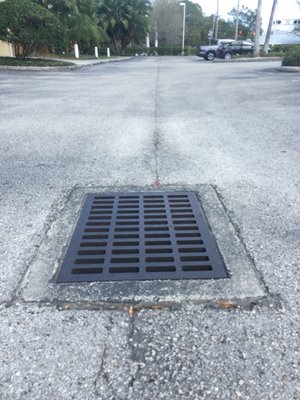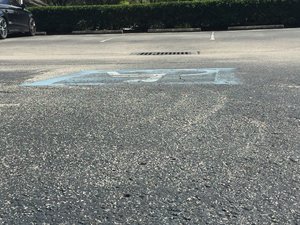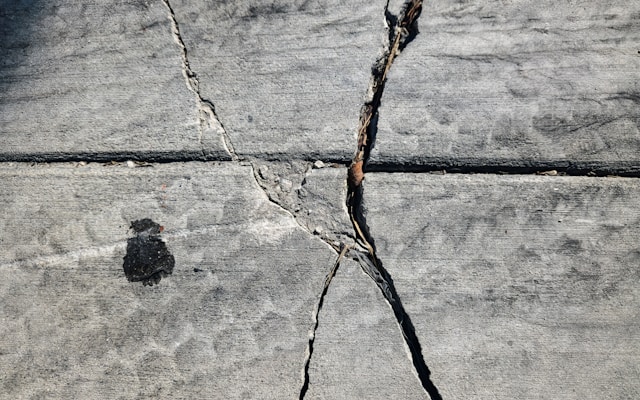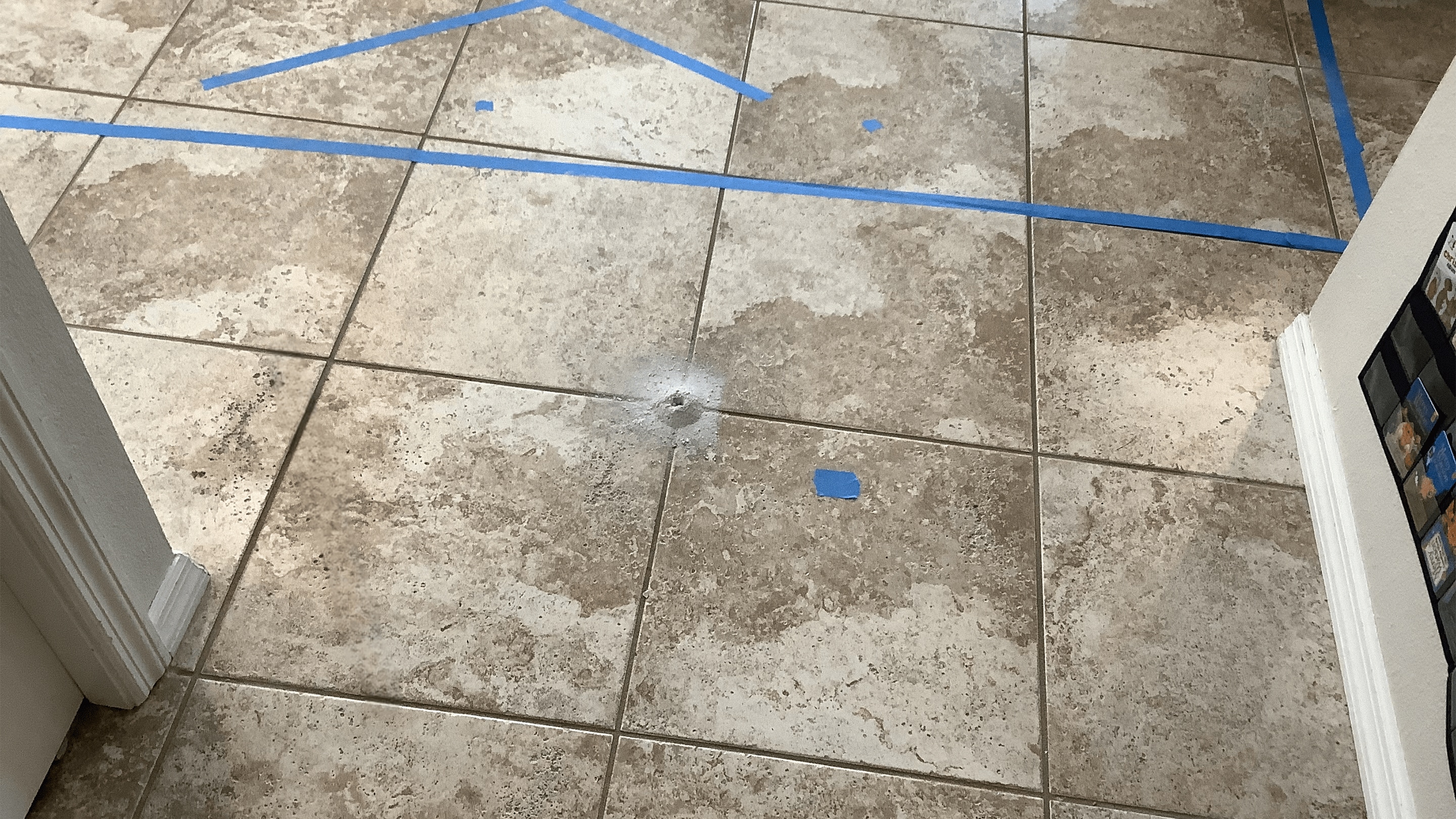Nothing is more frustrating than a flooding parking lot, especially in Southern summers with their quick, heavy afternoon rains. Fortunately, you have options for how to fix a parking lot that’s constantly flooding.
Incorporate a drainage system
The best method for preventing parking lot flooding is to install a drainage system just below the asphalt subgrade in your parking lot. This drainage system will allow water to flow into it via a gradient. The drainage system may seem expensive initially, but it is the most cost-effective solution in the long run, as it will save significantly on parking lot repairs and sealing.

Add some curbing
Another method to fix your flooding parking lot is to add some curbing to prevent water from flowing into the lot from surrounding areas. The curbs can also be designed so that they direct the water toward a drain. Curbs can be built with asphalt as long as they do not have to withstand significant amounts of force. If you need curbs that can withstand large amounts of force, building them with concrete is your best bet.
Add a slope
Typically, if a parking lot is flooded, it’s because there’s some standing water with no place to drain. In order to keep water from pooling, add a bit of a slope toward a drain. As little as a one percent slope is sufficient to send the water toward the drain. If most of your flooding is coming from summer storms, sloping is the most effective method to correct your flooding problem.

Perform maintenance
If you have a sloped lot with an effective drainage system in place and your parking lot is still flooding, do some initial troubleshooting. Check the local storm drain to see whether it is clogged with debris. Clearing junk out of the drain will help prevent flooding. Additionally, ensure the asphalt in your parking lot is receiving an annual coating to prevent cracks or blemishes from becoming a problem. Just performing this minor maintenance could make a difference in helping to keep flooding in check.
Patch holes or depressions
If your entire parking lot is not flooding, just sections, it may be due to holes or depressions in the asphalt. Depressions can be caused by heavy traffic or from overweight objects sitting for long periods of time. They could also be a result of improper compaction during the parking lot construction. Usually, these holes or depressions can be corrected by patching, but in extreme cases, you may need to repave the parking lot.
Need an expert to help with your flooding parking lot? Give us a call — we’re happy to help!





